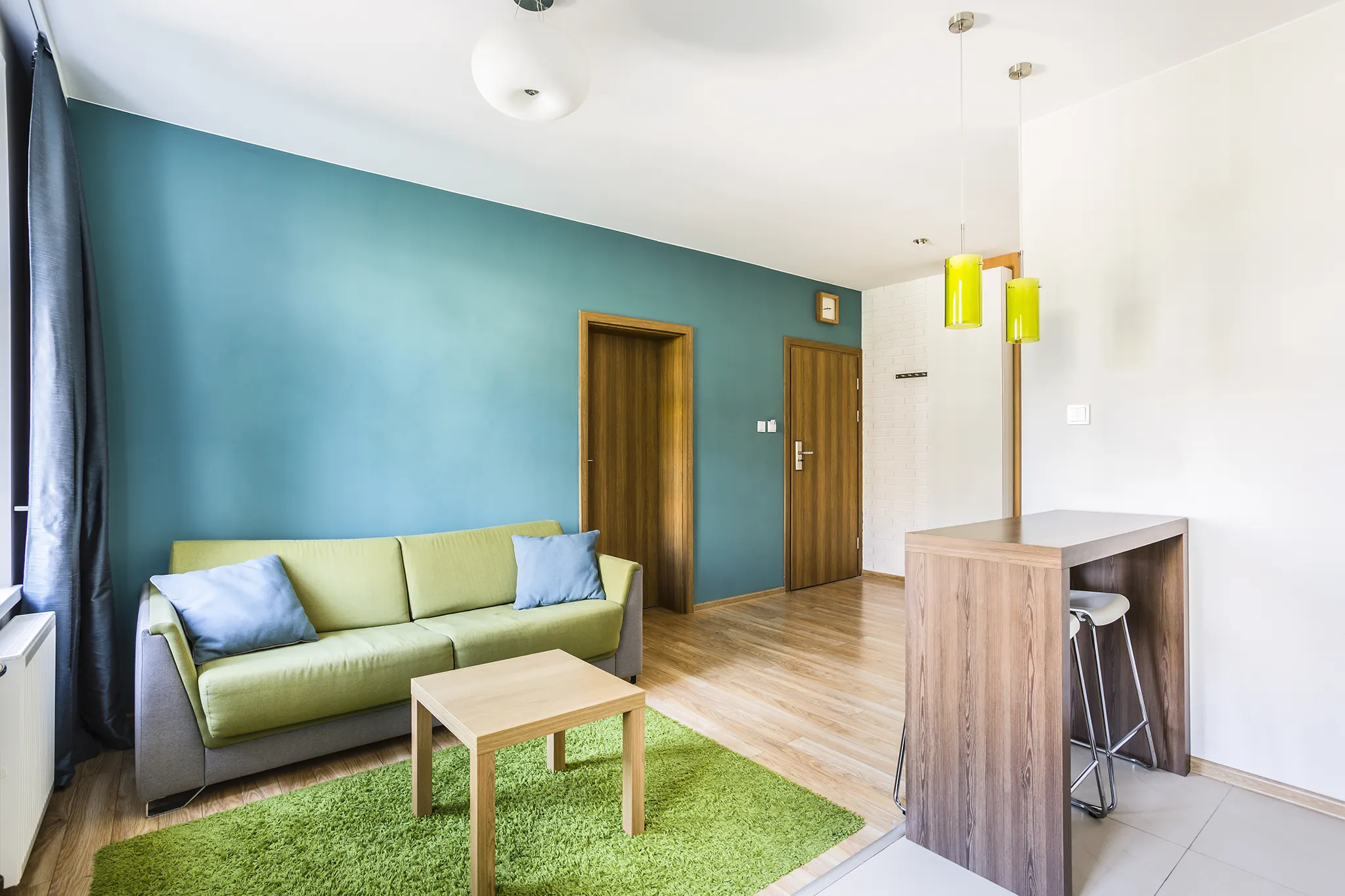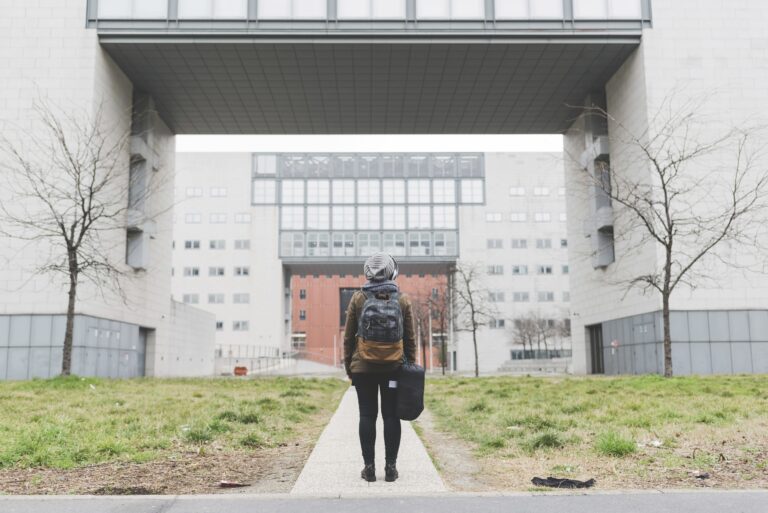First-Year Guide to Student Accommodation in Johannesburg

Starting university is an exciting new chapter. It comes with many changes: moving out of home, adjusting to a new way of learning, and for many, making new friends in a city far from home. It can admittedly be a little daunting.
Johannesburg has a vibrant student culture and plenty of options for accommodation. To avoid getting overwhelmed by the choices and paperwork, it’s important to know where to start and what to look for. Here are tips for first-year students looking for accommodation in Johannesburg.
1. Start Your Search Early
Johannesburg is home to several major universities, including Wits, UJ, and Emeris. This means that competition for student accommodation is tough. To ensure you find a space in a place you like, you need to start your search early. As soon as you get your university acceptance, your search for student accommodation should begin.
2. Know Your Options and What Suits You Best
Student accommodation is varied in terms of the different options you have.
- Dorm-Style Accommodation: Usually, this includes being paired with a roommate and, in some universities, even includes a managed meal plan.
- Private Student Accommodation: This includes options like what we offer at KCI. They typically have all-inclusive rent, great amenities, and the benefit of a built-in student community. They are often more expensive than university-offered accommodation, but they are also very convenient.
- Digs or Shared House: You have the option of looking at a digs or shared house with other students. This is a little cheaper and can feel a bit more like home. You will likely be responsible for your own bills and cooking.
- Backyard Rooms/Garden Cottages: This is typically a private space on someone else’s property with a private entrance. This option offers you privacy and a quiet place to study but less of a built-in student community.
- Residential Rentals: Finally, you have the option of looking at residential rentals in a complex or estate. Depending on where you are looking, this option is likely to be more expensive than designated student accommodation. You will oversee your own bills and cooking.
3. Think About Your Commute and Location
One of the key things you need to pay attention to is the location of the accommodation.
If you have a car, think about whether the place you are looking at has safe parking. Think about what direction you’ll be travelling in and what peak-time traffic looks like. This will impact how early you will need to get up to get to class on time.
If you use public transportation, then you need to think about access to buses or taxis. If your university has a shuttle, you can use that as a guide to ensure that the place you choose to stay is close enough to where the shuttle stops.
The commute isn’t just about going to class; you also need access to amenities. Grocery stores, gyms, and medical facilities should be within reach or at least easy enough to find when needed.
4. Prioritise Your Safety
Part of looking for a suitable location is making sure that the place you are staying is safe. There is no use finding a place that is modern, luxurious, and everything you wanted when you don’t feel safe. Ensuring your safety is your top priority, even if it means you must compromise on luxury a little bit.
When viewing a place, keep an eye out for:
- Controlled access
- Security guards
- CCTV
- Burglar bars on your room’s windows
- Working locks on doors and windows
Finally, remember that safety also includes fire safety. You are looking for places that have working smoke detectors, visible and accessible emergency exits, and visible firefighting equipment like fire blankets or extinguishers.
5. Set a Realistic Budget
Make sure that when you look at your different options, you keep your budget in mind. If you find a place that is very cheap, it is likely that there are a lot of hidden costs. You might find that the rent is cheap, but the electricity, water, and Wi-Fi are not included, and you need to pay for them on your own.
If you will be commuting, think about how much you are willing to spend on transportation—not only to and from campus but also for grocery runs and going out with friends. If you have your own car, you need to factor in the cost of fuel per month and have some money set aside in case you find yourself needing to replace a tyre.
Once your budget has been set, you need to stick to it. If possible, try to avoid choosing accommodation that eats up more than 40-50% of your monthly allowance or bursary.
6. Go See the Accommodation in Person
If you can manage it, go and view the place in person. Remember that the pictures you see online in ads and on social media are staged with the aim of drawing attention and getting more tenants. That means that things might not be as nice as they appear.
Book a viewing and go see what the campus has to offer. The ads might be nice, but going in person allows you to spot any red flags that weren’t openly advertised. Check the condition of the room, how far it is from campus, and what the facilities look like. Ask to view multiple rooms, not just the ones set up for booked viewings.
Make sure you know what you are getting yourself into before you pay a deposit.
7. Understand Your Lease Agreement
Thoroughly read your lease. It is important to ensure that you understand the terms and conditions of your stay. Make sure to pay close attention to:
- When payment is due
- What the cancellation clause stipulates
- What the rent includes (and doesn’t include)
- The rules about guests, noise, or damages
8. Trust Your Gut
If you walk into a building and immediately don’t like it, then listen to that feeling. If simply walking into the building makes you feel unsafe or uncomfortable, then that is not the place for you. Even if the place turns out to be nice, you don’t want to spend your free time in a space that just doesn’t sit right with you.
9. Separate Your ‘Must-Haves’ from ‘Nice-to-Haves’
Before you start your search, make a list of the things that you need to make your space as comfortable and productive as possible. Chances are unlikely that you’ll find a place that has everything, so split your list into must-haves and nice-to-haves. Your goal now is to find a place that has all the must-haves—and if it has any of your nice-to-haves, then that’s a bonus.
Your First Big University Assignment
Finding student accommodation is your first big university “assignment.” It requires research, diligence, and a little bit of courage. It can be daunting, but make sure you have your parent, sponsor, or guardian helping you out.
As you start your search, why not explore a private accommodation option built for students just like you? See what KCI has to offer and book a viewing today.






